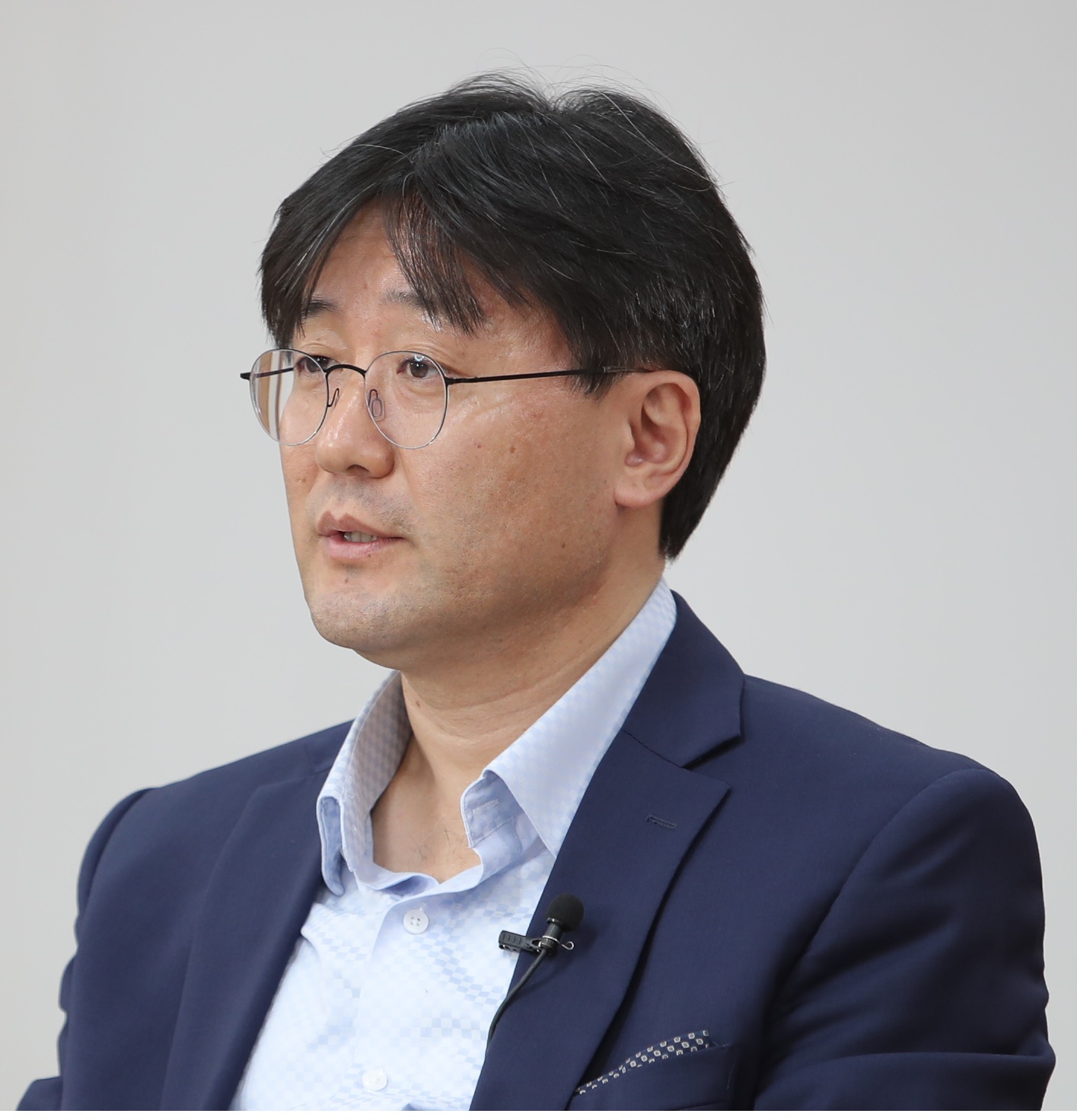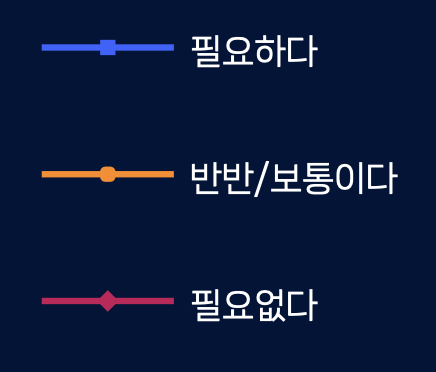Lee, Jung-Chul
Position : Head of Center for Unification Studies / Professor, Dept. of Political Sciences and Int. Relations
Research interests : Political Economy of North Korea, Inter-Korean Relations

ACADEMIC POSITIONS
2021.3 – present Professor, Dept. of Political Science and International Relations, Seoul National University
2014.1 – 2015.2 Visiting Scholar, Sigur Center for Asian Studies, George Washington University
2006.9 – 2021.2 Professor, Dept. of Political Science and International Relations, Soongsil University
2002.6 – 2006.8 Senior Research Fellow/ Chief of Economic Security Team, Samsung Economic Research Institute (SERI)
EDUCATION
2002 Seoul National University Ph. D. in Political Science
1997 Seoul National University M.A. in Political Science
1991 Seoul National University LL.B. (Bachelor of Laws), Department of Private Law, College of Law
CAREER
2021 – present Chair, Interdisciplinary Program in Peace and Unification Studies, SNU
2021 – present Head Center for Unification Studies, Institute for Peace and Unification Studies, Seoul National University
2021 – present Auditor (non-standing,), Korea Institute of National Unification (KINU)
2021 – present Non-Executive Director, The Defense Agency of Technology and Quality
2018.5 – 2020.4 Member of Committee, Government Performance Evaluation Committee
1997.1 – 2002.2 Assistant Instructor, Seoul National University Office of Planning and Coordination
PUBLICATIONS
[In English]
2022, Understanding Kim Jong-un’s North Korea: Regime Dynamics, Negotiation, and Engagement, Lanham: Lexington Books (co-authored).
2020, A Pendulum Movement Between the Strategic Patience and the Maximum Pressure and Engagement, Seoul: (The) Research Institute for National Security Affairs Korea National Defense University.
2020, US-DPRK Confrontation in a New Dimension, Kyoto: CEAPC Studies at Ritsumeikan University.
[In Korean]
2022, [INSS] An Analysis of State Behaviors: A Chapter on DPRK, Seoul: Institute for National Security Strategy (co-authored).
2021, In Power: North Korean Refugee Survey, Siheung: Institute for Peace and Unification Studies (IPUS) at Seoul National University, Forthcoming, (Editor).
2021, 2012-2020: North Korea’s Social Change Survey 2012-2020, Siheung: Institute for Peace and Unification Studies (IPUS) at Seoul National University, Forthcoming, (Editor).
2021, Korean Peninsula and Inter-Korean Relations, Seoul: Institute for Far Eastern Studies, Kyungnam University Press (co-authored).
2021, Prospection North Korea Regime, Seoul: KBS (co-authored).
2020, The Formation of Peace Cooperation for the New Korean Peninsula Regime, Seoul: Korea Institute for National Unification (co-authored).
2020, Seven Alternative Proposals over the Kissinger Order in East Asia, Seoul: Medicimedia (co-authored).
2018, Region, Inter-Regionalism and North Korean issues, Seoul: Konrad Adenauer Stiftung (co-edited).
2013, Contemporary North Korean lectures, Seoul: Social commentary (co-authored)
2013, The Russo-Sino-North Korea Triangle: The American Factor and Policy Implications for Korea, Seoul: Korea Institute for International Economic Policy.
2013, The Discourse of DMZ: Its History and New Paradigm, Chuncheon: Research Institute for Gangwon.
2011, US-DPRK Confrontation: Cold War Confrontation within the Post-Cold War Era, Seoul: Seoul National University Press (co-authored).
2011, North Korean People’s Understanding of Press and Society: Based on North Korean Refugee Interviews, Seoul: Korea Press Foundation (co-authored).
2006, North Korean Society and Culture, Seoul: Hanul Academy (co-authored).
2004, North Korea’s Price Management and Commercial Distribution System: Current Status and Reform Task: Comparative Study with Chinese Reform System, Seoul: Korea Institute for International Economic Policy (co-authored).
2004, U.S Neoliberal Foreign Policy Strategy and Korean Peninsula, Seoul: HWB (co-authored).
2002, North Korean Economy Reform Studies, Seoul: Humanitas (co-authored).
2002, Understanding North Korea, Seoul: Beopmunsa (co-authored).
JOURNAL ARTICLES
[In English]
2022, “Kim Jong-Un Regime and a Newly Consolidated ‘Party in Uniform’,” Journal of Peace and Unification 12.
2021, “North Korea’s Foreign Policy: A Revisionist State, an Alliance with China or a Third Way?” Global Asia 16(3).
2019, “Sanctions for Nuclear Inhibition (with Inwook Kim),” Asian Perspective 43(1).
2015, “Making Sense of North Korea: How to Respond to Pyongyang’s Charm Offensive,” Foreign Affairs Jan.
2008, “A Study on the Pseudo-market Coordination Regime in North Korea: Focusing on the Dual Economy and Virtual Economy Phenomena,” East Asian Review 20(4).
2002, “The Implications of North Korea’s Reform Program and Its Effects on State Capacity,” Korea and World Affairs 26(3).
[In Korean]
2022, “The Notion of North Korea as a Strategic State, and Risk Management on the Korean Peninsula,” YŎKSA WA HYŎNSIL 123.
2022, “The Revision of the Rules of the Workersʼ Party of Korea and the Organizational Changes of the ʻMonolithic Guidance System of the Party Coreʼ: Focusing on Party-Government-Military Relations in Kim Jong Un Regime (With Tae-Kyung Kim),” Analyses & Alternatives 6(1).
2021, “Party Charter Revision at the Eighth Party Congress and Changes in the DPRK’s Theory of National Revolution (With Tae-Kyung Kim),” Unification Policy Studies 30(2).
2020, “A Discourse for Constructing K-Peace Regime in Korean Peninsula,” Journal of National Defense Studies 63(3).
2020, “Bolton’s Power Politics and Autonomy of Inter-Korean Relations in Transition Period,” The Quarterly Changbi 189.
2019, “The ‘Gate of Denuclearization’ vs. ‘Diplomacy by Other Means’: A New Prospect for Negotiation Between the US and North Korea,” Journal of Korean Social Trend and Perspective 107.
2018, “Institutionalization of Inter-Korean Exchanges and Role of Cooperation: History and Prospects,” Review of North Korean Studies 21(1).
2018, “Cuba’s Party-Military Relations and ‘Two Fronts Line’ of DPRK,” Journal of National Defense Studies 61(1).
2017, “Costly Signals, Failed Deterrence and a New Alternative: Focusing on the Equivalence Between NK’s Nuclear Arsenal and USFK Shielded by the THAAD,” Korean Journal of Legislative Studies 23(3).
2016, “Obama Doctrine and US Policy towards North Korea: Geopolitics, Nuclear Strategy, and Value Diplomacy,” Journal of Korean Politics 25(1).
2016, “North Korea as a Revisionist State and Its Economic Policy-focusing on the ‘New Two Fronts (Byeong-jin) Line’ –,” Journal of Social Science 18.
2013, “US Rebalance and DPRK’s Revisionist Strategy,” The Journal of Eurasian Studies 10(4).
2012, “Planning and Market in North Korea Today: Oscillation vs. New Macro Management,” North Korean Studies Review 16(1).
2012, “An Evaluation of the Roh, Tae-woo Administration’s Policy on North Korea,” Korean Studies Quarterly 35(2).
2011, “Kim Il Sung`s Süd Politik and the 1991 North-South Basic Agreement: Context, Motivations, and Outcome,” History Criticism 97.
2011, “The Third Conference of the Korean Workers` Party and Its Succession Process: A Comparison with the Chinese Succession Experience in the 1970s,” Journal of Eurasian Studies 8(1).
2010, “The Oscillation of the Macro Economic Policy and Rule by Law in North Korea,” Journal of Korean Politics 19(1).
2009, “DPRK-US Confrontation and Inter-Korean Relations: Changes and Decoupling,” Korean Studies Quarterly 32(1).
2009, “DPRK-US Confrontation and ROK-US Alliance in Transition,” Journal of Korean Politics 18(1).
2008, “An Analysis of the Roh-Government’s Approach to Building an Inter-Korean Economic Community,” North Korean Studies Review 12(1).
2008, “A Study on the Pseudo-market Coordination Regime in North Korea: Focusing on the Dual Economy and Virtual Economy Phenomena,” Korea and World Politics 24(2).
2008, “North Korea`s Nuclear strategy: A turning point,” Democratic Society and Policy Studies 13.
2006, “North Korea`s Open Door Policy and New ‘Self-Reliance’ Campaign,” North Korean Studies Review 9(1).
2004, “Kim Jong-Il`s ‘Military-first Regime’ and the Truth Game in North Korea`s Nuclear Crisis,” North Korean Studies Review 7(1).
2003, “North Korea`s New ‘Collectivization’ Policy in the Agricultural Sector,” The Journal of Asiatic Studies 46(2).
2002, “North Korea`s Development Strategy and Debate over the Economic Coordination Mechanism in 1960s,” North Korean Studies Review 5(1).


















